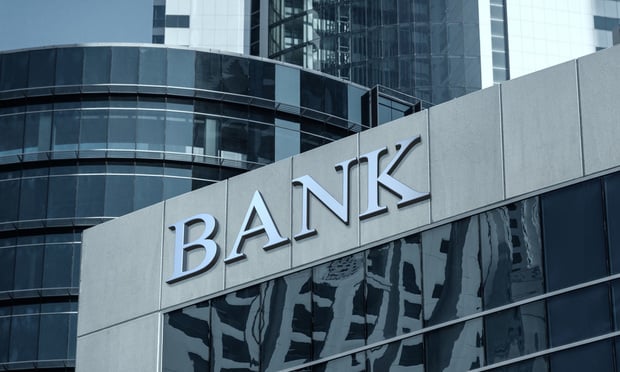While $2 billion is a real number, in the relative scheme ofthings at JP Morgan, it is not huge. At one point in the pastcouple of years their loan reserve was supposedly $32 billion. Allthe talk of too much risk ignores the fact that banks are in therisk business every day. They make loans and each loan is a riskthey accept based on what they hope is good analysis. As we sawover the past few years, sometimes that analysis is wrong and theysuffer a loss. Any lender who has no losses is soconservative that they are not fulfilling their role in thefinancial world. That does not mean they should be sloppy ashappened in the early part of the decade, but lenders do notcontrol events nor do they sit on boards and control what decisionsCEO’s make. Losses happen. Clearly there was a major set of errorsmade by the trading desk in the CIO office, and heads have rolled,but it is not that damaging financially to the bank. The real issueis political damage to all lenders and reputational damage. If youwrote a novel about this you could not have come up with so bad afictional scenario of having Dodd Frank coming to a head now,political turmoil due to the election, media bias and White Housebias against banks, and anti Wall St rhetoric. Over regulation willput US lenders on the defensive and at a competitive disadvantageagain.
So what does this all mean for real estate. Nothing good. Thepolitics and media attacks have already started even though none ofthose people have the facts yet, nor will they come even close tounderstand the trade positions when they do have the facts. Thiswill lead to extra regulation as Senator Levin pushes his personalagenda of attacking the banks and ramping up the rules to a pointthat lending is further restricted. Risk will be off the table.That does not help you get a construction loan. It does not let yougo to 75% leverage instead of 65%. It means the potential for moredifficulty doing a restructuring. In short, the real problem at JPMorgan is the financial industry blowback, and that is never goodfor real estate. Risk off will be the mantra for quite awhile. Thatwill not only inhibit development, but it will inhibitacquisitions, and a material increase in values, especially insecondary markets.
Add to all of this the chaos in Greece and the election inFrance, and fear is once again taking hold. Just look at the tenyear. Down to record lows. The ten year is as good a proxy for thefear meter as anything. When uncertainty and fear are theorder of the day, the yield on the ten year goes down. It is offsubstantially from where it was a short time ago. That tellsyou better than any other metric that risk is off once again andmay stay off for a long time. Just to enforce the fear factor isthe pending fiscal cliff at year end and I believe we will now seea new slowdown in the economy and employment and, in thewillingness to pay up for assets. Uncertainty is never a benefactorof investment.
Continue Reading for Free
Register and gain access to:
- Breaking commercial real estate news and analysis, on-site and via our newsletters and custom alerts
- Educational webcasts, white papers, and ebooks from industry thought leaders
- Critical coverage of the property casualty insurance and financial advisory markets on our other ALM sites, PropertyCasualty360 and ThinkAdvisor
*May exclude premium content
Already have an account?
Sign In Now
© 2024 ALM Global, LLC, All Rights Reserved. Request academic re-use from www.copyright.com. All other uses, submit a request to [email protected]. For more information visit Asset & Logo Licensing.








